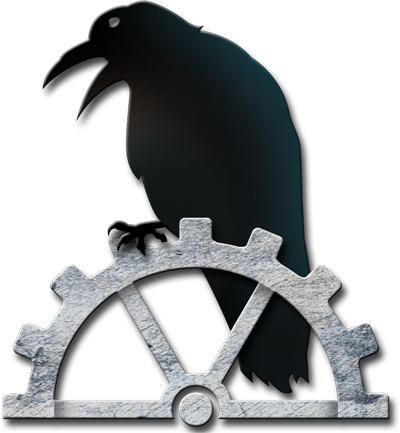History, a Foundation
History is defined as:
- the study of past events, particularly in human affairs
- tale, story
- a chronological record of significant evens (as affecting a nation or institution) often including an explanation of their causes
- narrative of past events, account, tale, story (OED)
Story is defined as:
- an account of imaginary or real people and events told for entertainment
- an account of past events in someone’s life or in the evolution of something
- a narrative, true or presumed to be true, relating to important events and celebrated persons of a more or less remote past; a historical relation or anecdote (OED)
History, the story
Clearly, there is a connection. To pick at the definition of story and say that the telling of such does not involve history would seem a fallacy. As we string our plot together, it involves motion. Whether we use flashbacks or continue to unfold the action in a lineal fashion, there is history within our tales.
When we present our character, our first scene, and the reader takes off with us on our journey, then we are weaving history for our public.
Lao Tzu: “A journey of a thousand miles begins with a single step.”
Our blank page begins that journey, and ‘The End.’ is the final destination a thousand miles later. Even as we write or the reader devours the tale, history has passed us by.
Individual history: what we ourselves have been doing.
The history of what is taking place in the house and family around us, such as my wife watching Frazier reruns. In our city, things are happening, the fire engines have been very active the last few days from the station a few blocks away. (Presuming the philosophical argument that when a tree falls in the forest and you are not there, it actually does make a sound.) Reaching beyond our city, we know that things happen in our region, our nation, the world. The clock ticks.
History happens to all, not just celebrated persons. A story, though, looks at a person or a thing and by being created, makes of that person celebrated. John Updike makes of Harry “Rabbit” Angstrom a celebrated person. Richard Sherman, the lead character in the Seven Year Itch, leaps from our everyman image of the world to the extraordinary when he discovers The Girl upstairs. These characters become celebrated.
Perhaps we all wish to be so, and a reason that story has come to mean so much to us. It gives us a chance to connect and think that we will have such celebrity in our own lives.
History the Bible
In one sermon, I will always remember being told that every story, every plot that happens, it is already in the bible. Love, death, murder, revenge, incest, sex. All exist.
But we have to put this also in the context of other religions besides Judeo-Christianity. It should be a fallacy to think that the Koran, the Vedas do not have plot points for authors to reference for story. And if not the holy texts, the very story of how a religion comes into being and grows are not only history, but make for drama and good story as well.
History for our fiction
When we look at our fiction, whether we take a parable from the Bible or a fable from mythology, to be the basis for our plot, or believe that we have developed our own plot that has never before seen the light of day, we must place our story somewhere. (Note that as an author I hold to Sir Arthur Thomas Quiller-Couch’s assertion that there are only seven plots: Man v. Man, Man v. Nature, Man against God, Man v. Society, Man in the Middle, Man & Woman, Man v. Himself.) By choosing to give setting to our story, a place, then we start on the track of combing it with its history. When is this taking place?
I will admit to having a degree in history. I started on my path to adult responsibility with thoughts of a business degree. Very quickly at university I turned from those courses and, influenced by several secondary school teachers of history, went for my degree in history. Then, upon graduating, I fell into the world of business, but my love for history and the chance to read books on what happened before, (sometimes very dry, and very often entertaining) gave me the chance to learn stories of celebrated events and people.
We place our tales somewhere and some-when. Even science fiction placed in a future that could be will have a history of how it gets there from some-when before. Then, to give credence to the events taking place in the story, knowledge of what the world was like at the time makes a great deal of sense.
Would A Tale of Two Cities make sense if the Reign of Terror was not taking place around the events of the story? Sydney Carton would not have to do a far, far better thing then he has ever done before if there was no Madame Guillotine. If the Roaring Twenties were not so surrounded by Prohibition and excess, would Jay Gatsby become the person he does.
Perhaps not all stories are intertwined so closely with the events that surround them, yet that richness of the world is something that can breathe life into the tale.
An accomplished author of historical fiction, Regency Romance, and fantasy, no stranger to classic expansions, David W. Wilkin lends his expertise to Mechanical Masterpieces: a Steampunk Anthology, in “Micawber and Copperfield, and the Great Diamond Heist of 1879”.

